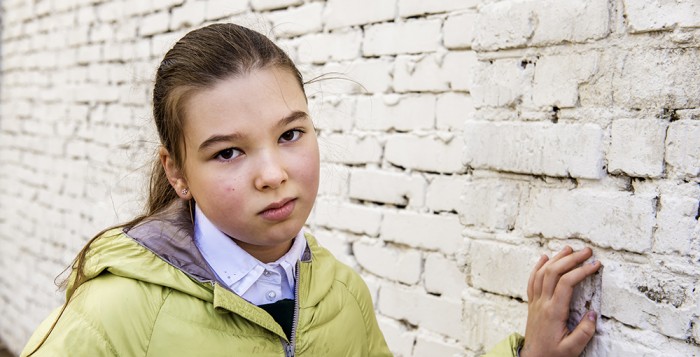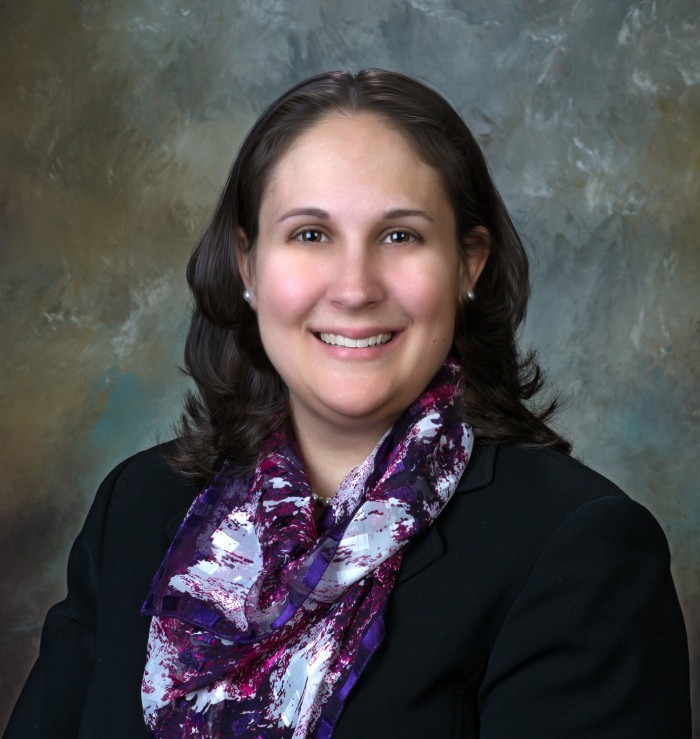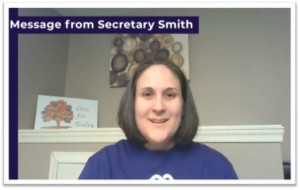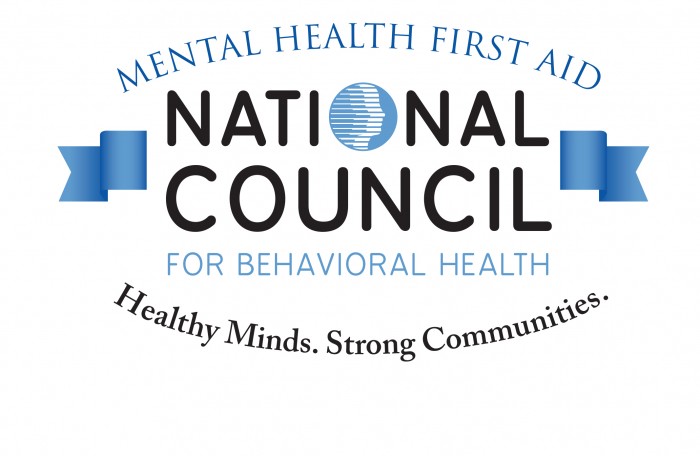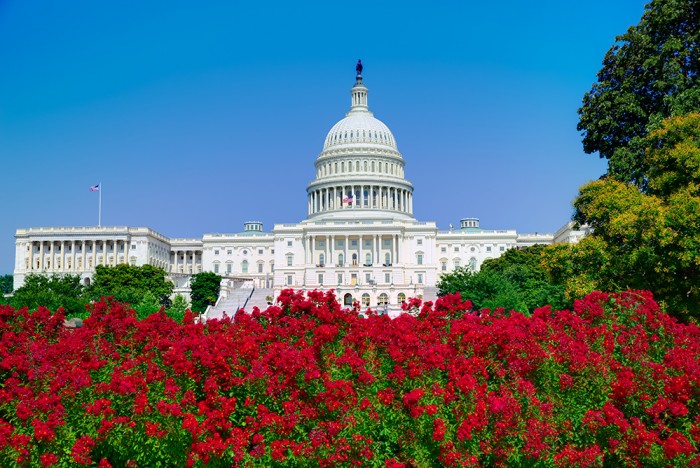Jack Phillips
State Plan Request to Support Food Access for Students During COVID-19 Crisis
Governor Signs Senate Bill 841 – Flexibility for Local Governments and Businesses
Video Message from DDAP Secretary Jen Smith
Video Message Thanking Providers, Information on Social Distancing & Other Issues from DDAP Secretary Jen Smith
We’ll get through this together, Pennsylvania.
WATCH VIDEO
Wolf Administration Announces COVID-19 Testing Site for Northeast Pennsylvania
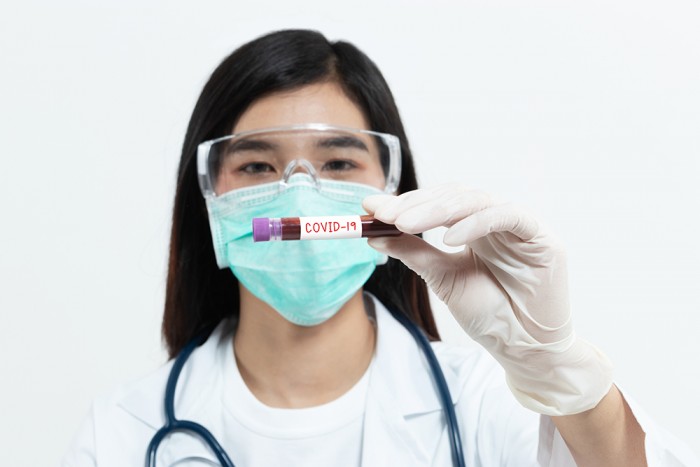
Harrisburg, PA- The Wolf Administration today announced a COVID-19 testing site at Mohegan Sun Arena at Casey Plaza in Wilkes-Barre, Luzerne County, to provide much-needed testing for symptomatic first responders, health care workers and residents 65 or older throughout Northeastern Pennsylvania.
“From 12:00 PM to 4:00 PM, Monday, the site will be open for 100 first responders and health care workers from Northeastern Pennsylvanian who are having COVID-19 symptoms to get tested,” Secretary of Health Dr. Rachel Levine said. “We are taking every precaution to safely provide this critical public health service and prevent the spread of COVID-19. People are required to stay in their cars to get tested and drive directly back onto the highway to return home.”
The drive-thru testing site will be held in the parking lot of the Mohegan Sun Pocono Arena and pre-registration is required. Beginning Tuesday, April 21, the site will be open from 10:00 AM to 4:00 PM daily to test up to 200 Northeastern Pa. residents over 65, first responders and health care workers each day. Registration is required one day in advance and can be found on the Department of Health’s website, health.pa.gov. No onsite registration is available.
Patients do not need a doctor’s prescription to be tested. Dr. Levine has signed a standing order for anyone who registers to be tested at the site.
For those who are registered, the site can be accessed by taking Exit 168 – Highland Park Boulevard from Interstate 81 (northbound or southbound) and following the signs and directions of local officials.
“After testing, you are required to return home and self-isolate,” Dr. Levine said. “If your symptoms worsen while you are waiting for your test results, talk to your doctor and if you experience a medical emergency please seek immediate care.”
The Department of Health State Laboratory will process the tests and provide residents with results in two to three business days. Patients will receive an email to log onto the registration site to access their test results.
“The planning and logistical efforts needed to pull together these testing sites in just a matter of days required a significant amount of coordination among state and county personnel,” said PEMA Director Randy Padfield. “It speaks to the professionalism and skills of the teams involved, and their dedication to the health and well-being of their communities.”
Symptoms of COVID-19 can include:
- Fever
- Cough
- Shortness of breath
- Diarrhea
Symptoms may appear in as few as two days or as long as 14 days after exposure. Reported illnesses have ranged from people with little to no symptoms to people being severely ill and dying.
As of 12:00 a.m., April 18, there were 31,069 positive cases of COVID-19 statewide in 67 counties and 836 deaths. Most of the patients hospitalized are 65 or older, and most of the deaths have occurred in patients 65 and older. There have been no pediatric deaths to date. More data is available here.
All non-life-sustaining businesses are ordered to be closed and schools are closed statewide indefinitely. Currently the entire state is under a stay-at-home order.
For the latest information for individuals, families, businesses and schools, visit “Responding to COVID-19” on pa.gov.
The Wolf Administration stresses the role Pennsylvanians play in helping to reduce the spread of COVID-19:
- Wash your hands with soap and water for at least 20 seconds or use hand sanitizer if soap and water are not available.
- Cover any coughs or sneezes with your elbow, not your hands.
- Clean surfaces frequently.
- Stay home to avoid spreading COVID-19, especially if you are unwell.
- If you must go out for a life-sustaining reason, please wear a mask.
Updated Coronavirus Links: Press Releases, State Lab Photos, Graphics
- Daily COVID-19 Report
- Press releases regarding coronavirus
- Latest information on the coronavirus
- Photos of the state’s lab in ExtonOpens In A New Window (for download and use)
- Coronavirus and preparedness graphics (located at the bottom of the page)
- Community preparedness and procedures materialsOpens In A New Window
- Map with the number of COVID-19 casesOpens In A New Window
All Pennsylvania residents are encouraged to sign up for AlertPA, a text notification system for health, weather, and other important alerts like COVID-19 updates from commonwealth agencies. Residents can sign up online at www.ready.pa.gov/BeInformed/Signup-For-Alerts.
MEDIA CONTACT: Nate Wardle, Health, 717-787-1783 or [email protected]
# # #
National Council Announces Financial Stability Webinar Series
Important COVID-19 Guidance for Behavioral Health Residential Facilities
Gov. Wolf Unveils Plan for Pennsylvania’s COVID-19 Recovery
President Trump Announces Guidelines for Opening Up American Economy
President Trump Announces Guidelines for Opening Up American Economy
FOR IMMEDIATE RELEASE
April 16, 2020
U.S. PRESIDENT, DONALD TRUMP: Guidelines Opening Up America Again
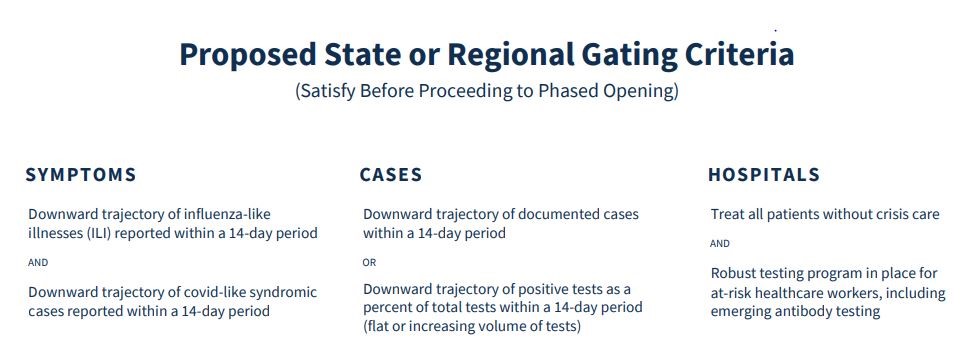
PHASE 1:
INDIVIDUALS
- ALL VULNERABLE INDIVIDUALS* should continue to shelter in place. Members of households with vulnerable residents should be aware that by returning to work or other environments where distancing is not practical, they could carry the virus back home. Precautions should be taken to isolate from vulnerable residents.
- All individuals, WHEN IN PUBLIC (e.g., parks, outdoor recreation areas, shopping areas), should maximize physical distance from others. Social settings of more than 10 people, where appropriate distancing may not be practical, should be avoided unless precautionary measures are observed.
- Avoid SOCIALIZING in groups of more than 10 people in circumstances that do not readily allow for appropriate physical distancing (e.g., receptions, trade shows)
- MINIMIZE NON-ESSENTIAL TRAVEL and adhere to CDC guidelines regarding isolation following travel.
EMPLOYERS
- Continue to ENCOURAGE TELEWORK, whenever possible and feasible with business operations. If possible, RETURN TO WORK IN PHASES.
- Close COMMON AREAS where personnel are likely to congregate and interact, or enforce strict social distancing protocols.
- Minimize NON-ESSENTIAL TRAVEL and adhere to CDC guidelines regarding isolation following travel.
- Strongly consider SPECIAL ACCOMMODATIONS for personnel who are members of a VULNERABLE POPULATION.
SPECIFIC TYPES OF EMPLOYERS
- SCHOOLS AND ORGANIZED YOUTH ACTIVITIES (e.g., daycare, camp) that are currently closed should remain closed.
- VISITS TO SENIOR LIVING FACILITIES AND HOSPITALS should be prohibited. Those who do interact with residents and patients must adhere to strict protocols regarding hygiene.
- LARGE VENUES (e.g., sit-down dining, movie theaters, sporting venues, places of worship) can operate under strict physical distancing protocols.
- ELECTIVE SURGERIES can resume, as clinically appropriate, on an outpatient basis at facilities that adhere to CMS guidelines.
- GYMS can open if they adhere to strict physical distancing and sanitation protocols. BARS should remain closed.
PHASE 2: FOR STATES AND REGIONS WITH NO EVIDENCE OF A REBOUND AND THAT SATISFY THE GATING CRITERIA A SECOND TIME
INDIVIDUALS
- ALL VULNERABLE INDIVIDUALS should continue to shelter in place. Members of households with vulnerable residents should be aware that by returning to work or other environments where distancing is not practical, they could carry the virus back home. Precautions should be taken to isolate from vulnerable residents.
- All individuals, WHEN IN PUBLIC (e.g., parks, outdoor recreation areas, shopping areas), should maximize physical distance from others.
- Social settings of more than 50 people, where appropriate distancing may not be practical, should be avoided unless precautionary measures are observed.
- NON-ESSENTIAL TRAVEL can resume.
EMPLOYERS
- Continue to ENCOURAGE TELEWORK, whenever possible and feasible with business operations.
- Close COMMON AREAS where personnel are likely to congregate and interact, or enforce moderate social distancing protocols.
- NON-ESSENTIAL TRAVEL can resume.
- Strongly consider SPECIAL ACCOMMODATIONS for personnel who are members of a VULNERABLE POPULATION.
SPECIFIC TYPES OF EMPLOYERS
- SCHOOLS AND ORGANIZED YOUTH ACTIVITIES (e.g., daycare, camp) can reopen.
- VISITS TO SENIOR CARE FACILITIES AND HOSPITALS should be prohibited. Those who do interact with residents and patients must adhere to strict protocols regarding hygiene.
- LARGE VENUES (e.g., sit-down dining, movie theaters, sporting venues, places of worship) can operate under moderate physical distancing protocols.
- ELECTIVE SURGERIES can resume, as clinically appropriate, on an outpatient and in-patient basis at facilities that adhere to CMS guidelines.
- GYMS can remain open if they adhere to strict physical distancing and sanitation protocols.
- BARS may operate with diminished standing-room occupancy, where applicable and appropriate.
PHASE THREE: FOR STATES AND REGIONS WITH NO EVIDENCE OF A REBOUND AND THAT SATISFY THE GATING CRITERIA A THIRD TIME
INDIVIDUALS
- VULNERABLE INDIVIDUALS can resume public interactions, but should practice physical distancing, minimizing exposure to social settings where distancing may not be practical, unless precautionary measures are observed.
- LOW-RISK POPULATIONS should consider minimizing time spent in crowded environments.
EMPLOYERS
- Resume UNRESTRICTED STAFFING of worksites.
SPECIFIC TYPES OF EMPLOYERS
- VISITS TO SENIOR CARE FACILITIES AND HOSPITALS can resume. Those who interact with residents and patients must be diligent regarding hygiene.
- LARGE VENUES (e.g., sit-down dining, movie theaters, sporting venues, places of worship) can operate under limited physical distancing protocols.
GYMS can remain open if they adhere to standard sanitation protocols. - BARS may operate with increased standing room occupancy, where applicable.
# # #








